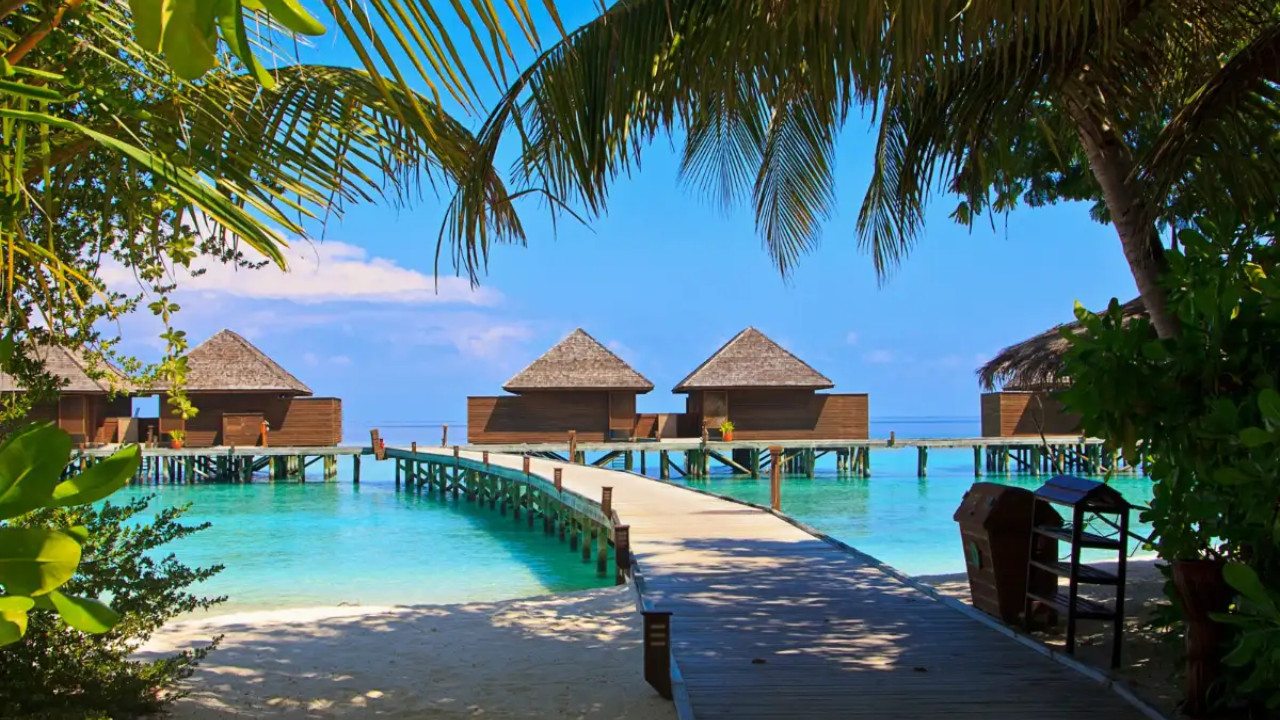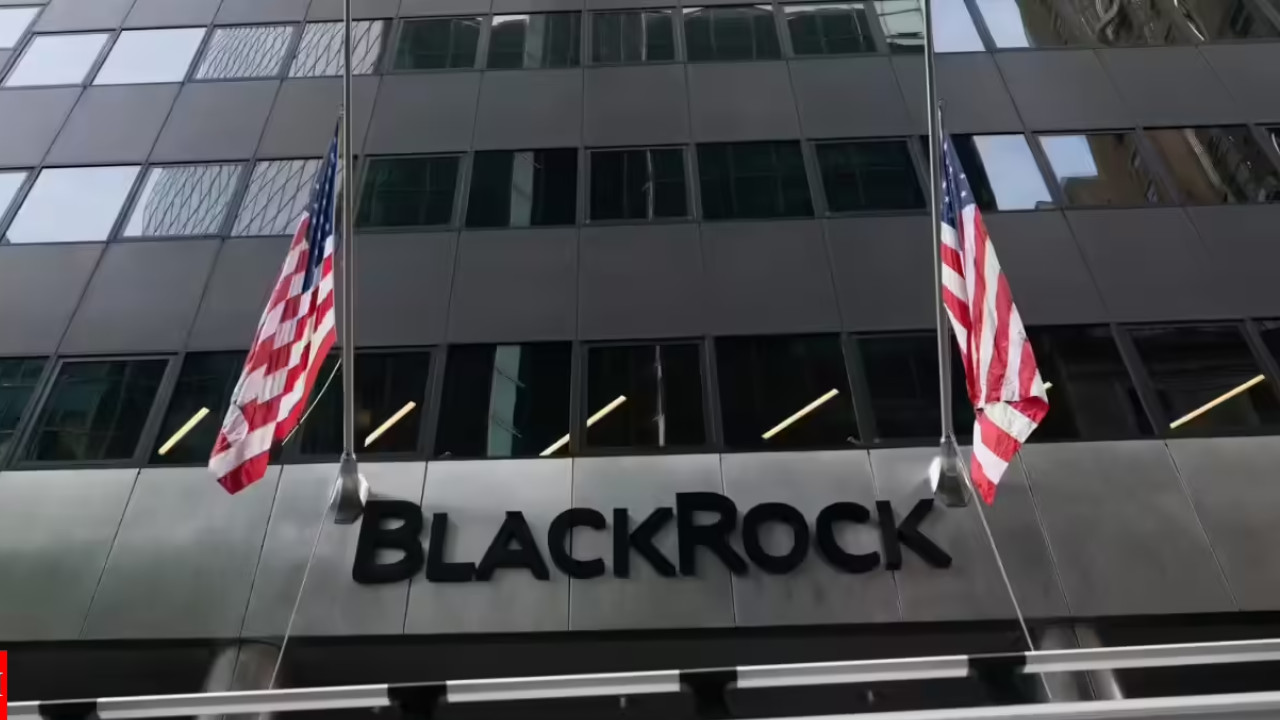India has welcomed the Maldives’ improved foreign exchange reserves, acknowledging the significant role of the $400 million currency swap between the RBI and MMA in easing liquidity pressures. Fitch Ratings recognized India’s critical support in bolstering the Maldives’ reserves, alongside strong tourism and new forex regulations. Despite this, the Maldives faces ongoing fiscal and external challenges.
Maldives Gets a Helping Hand: India’s Currency Swap Explained
Okay, let’s talk about geopolitics, economics, and… vacations? Stick with me here, because these things are all connected, especially when it comes to India and the Maldives. You know, those idyllic island paradises where you dream of sipping cocktails on white sand beaches? Yeah, those Maldives.
Lately, the Maldives have been navigating some choppy economic waters. Think of it like trying to sail a luxurious yacht through a sudden squall. Their dollar reserves, vital for paying for imports and managing their currency, were getting a little thin. And when your reserves dip, it can put pressure on everything from the price of goods to the stability of the Maldivian Rufiyaa.
Enter India, with a well-timed assist. The Reserve Bank of India (RBI), the big kahuna of Indian finance, recently extended a $400 million currency swap facility to the Maldives Monetary Authority (MMA). Think of it as a financial lifeline, a temporary injection of dollars to help them manage their short-term liquidity needs.
Now, a “currency swap” might sound like some complicated financial jargon, but the basic idea is pretty straightforward. It’s essentially a pre-arranged agreement to exchange currencies at a predetermined rate. In this case, the Maldives gets access to dollars, which they desperately need, and India temporarily holds an equivalent amount of Rufiyaa. It’s a loan, essentially, secured by their own currency.
So, why is this important? And why should you care?
Well, first, it’s about regional stability. The Maldives is a strategically important nation in the Indian Ocean. A stable and prosperous Maldives benefits everyone in the region, including India. A financial crisis there could have ripple effects, impacting trade, investment, and even security. India has historically played the role of regional stabilizer, and this move reinforces that.
Second, it’s a smart move for India’s own economic interests. Maintaining strong economic ties with neighboring countries boosts trade and investment opportunities. Think of it as fostering a healthy ecosystem where everyone benefits.
But beyond the macroeconomics, there’s a real-world impact. Imagine the Maldives struggling to import essential goods like food and medicine. That would directly affect the lives of ordinary Maldivians. This currency swap helps prevent that scenario, ensuring the smooth functioning of their economy.
And here’s where the vacation part comes back in. A stable Maldivian economy means a stable tourism sector. And tourism is, unsurprisingly, a huge part of the Maldivian economy. So, this financial support indirectly helps ensure those pristine beaches, luxurious resorts, and breathtaking underwater experiences remain accessible (and affordable) for tourists.
It’s also worth noting that this isn’t the first time India has stepped in to help the Maldives. There’s a history of economic cooperation between the two countries, solidifying a relationship built on mutual trust and shared interests. This latest move just reinforces that bond.
Fitch Ratings, one of the big players in the credit rating world, even chimed in, noting that this currency swap helps alleviate some of the liquidity pressure facing the Maldives. Their assessment is significant because it influences investor confidence and borrowing costs for the island nation. A positive assessment from Fitch makes it easier for the Maldives to attract foreign investment and manage its debt.
Of course, this isn’t a magic bullet. The Maldives still faces challenges. They need to focus on long-term economic reforms, diversifying their economy, and managing their debt responsibly. This currency swap provides breathing room, but it’s up to the Maldivian government to use that time wisely.
What’s interesting here is the subtle demonstration of soft power. India’s assistance isn’t about dictating terms or imposing conditions. It’s about providing support and fostering stability in a way that benefits both nations. It’s a calculated move that strengthens India’s position as a reliable and responsible regional power.
Ultimately, this currency swap is more than just a financial transaction. It’s a story about regional partnerships, economic stability, and the interconnectedness of our world. And yes, it even has a small connection to those dream vacations we all crave. So, next time you’re scrolling through photos of the Maldives, remember there’s a bit more to the picture than just sun, sand, and sea. There’s also a carefully crafted economic strategy at play.
📬 Stay informed — follow us for more insightful updates!







